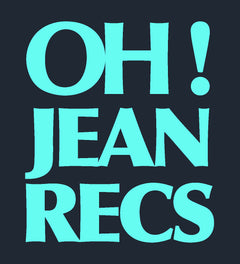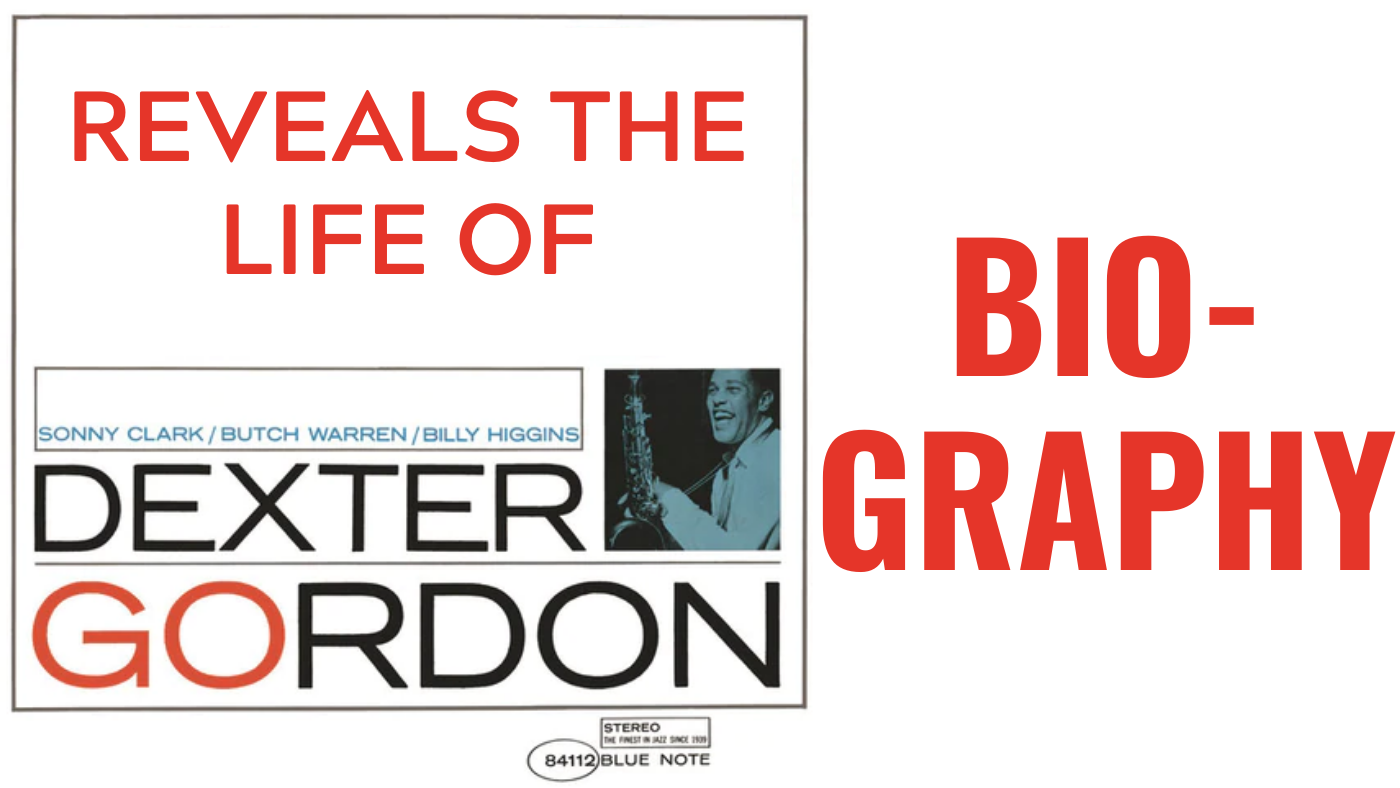“Dexter Gordon was born on October 31, 1924, in New York City, and he died on September 19, 1991, in Los Angeles. He played tenor saxophone in a jazz band called the Lionel Hampton Orchestra from 1947 until 1962. From 1962 until his death, he was the principal alto saxophonist in the Lionel Hampton Big Band.”
Dexter Gordon is one of the most original and influential jazz musicians. He has been called “one of the greatest alto saxophonists of all time” and “the most lyrical tenor saxophonist.” His career began in the 1940's when he played with Benny Goodman. When the band broke up in 1946, Dexter stayed on with Goodman’s short-lived Quintet.
After that, he worked with Duke Ellington and Lionel Hampton. When he started playing in Lionel Hampton’s band in 1962, he was still relatively young. He had already won several important awards, including Down Beat magazine’s “Best Jazz Trumpeter” award in 1954 and 1955 and the “Down Beat Critics’ Poll” for tenor saxophonist in 1956.
More About Dexter Gordon
In addition to being an excellent musician, Dexter was also a very well-known personality in jazz. He has many famous songs like Soy Califa and much more. He was a top-rated speaker, and he used his fame to help raise money for many charitable organisations. Dexter Gordon also wrote music and books and served as an adviser to several jazz artists. Dexter Gordon was born on October 31, 1924, in New York City, and he died on September 19, 1991, in Los Angeles.
His father was a dentist who had come to the United States from Jamaica, and his mother was of English descent. Dexter’s family was very musical. His mother played piano, and his sister, Ella, sang. His grandfather, James Brown Gordon, was a music teacher and his great uncle, Robert Brown Gordon, was an organist. When Dexter was young, he played the violin and the piano. He was also an avid reader, and he liked to draw. He studied art at Hunter College, and he went on to study philosophy at Columbia University.
In 1942, Dexter was drafted into the army. He served in the Signal Corps for two years and was stationed in North Africa. Dexter Gordon served as a radio operator, and he played trumpet in a military band. After the war, Dexter returned to New York City, and he continued to play with the jazz band at the Club DeLisa. He was known as “Dexter Gordon,” and he was billed as the alto saxophonist.
He worked with Goodman for three years, and then he left the band to play with Duke Ellington. When the band broke up in 1946, Dexter stayed on with Goodman’s short-lived Quintet. He toured for two years, and then he moved to Los Angeles, California, where he continued to play with other famous jazz musicians. He played with Earl Hines and Harry James, among others.
In 1950, Dexter met Lionel Hampton. He joined Hampton’s band in 1951, and he became its principal alto saxophonist. In 1952, Dexter married Dorothy Lee, an actress who appeared in many Broadway musicals. She was also a singer, and she had been a featured soloist with the Duke Ellington Orchestra.
Dexter Gordon is the only person awarded the “Grammy Lifetime Achievement Award.” He was honoured for his achievements in the world of jazz by the National Academy of Recording Arts and Sciences (NARAS).
He had had throat cancer for two years at his death. At his end, he was a member of the Lionel Hampton Big Band. He was also a regular performer in the Lionel Hampton Orchestra, one of the most successful bands of the 1950s. Dexter Gordon’s father was an African-American doctor who worked as an internist and a specialist in ear disease. His mother was a concert pianist.
He was a self-taught musician who learned to play the piano when four years old. He started playing the saxophone when he was ten years old. He played in school bands during his early years. However, he didn’t start playing professionally until he was twenty years old.
Final Thoughts
In conclusion, Dexter Gordon was a jazz saxophonist, composer, bandleader, teacher, and arranger known for his playing of bebop and hard bop. He was one of the greatest jazz saxophonists of his generation. His contributions to the music included pioneering the use of soprano saxophone and his ability to play alto saxophone in a tenor timbre. He is regarded as one of the most influential figures in 20th-century American jazz due to his best albums like Dexter Gordon Sophisticated Giant. He was inducted into the Big Band and Jazz Hall of Fame in 2004.

